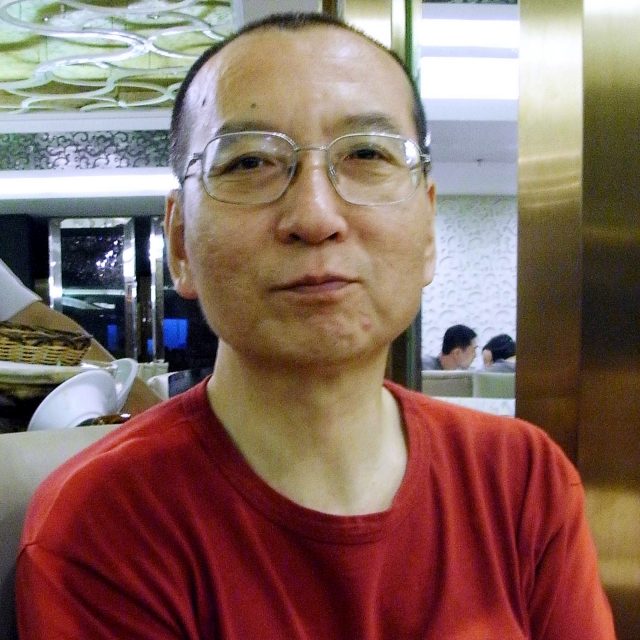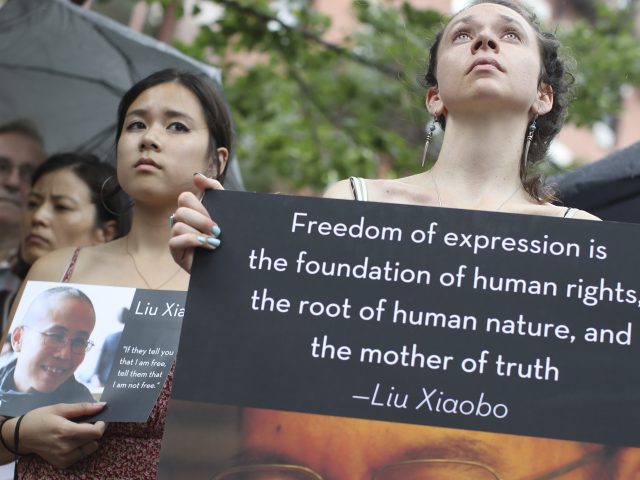Nobel laureate Liu Xiaobo ‘led astray by West’, say China media
Reports said Liu sought to confront Chinese mainstream society with outside support.

As tributes rolled in after the death of Nobel Peace Prize laureate Liu Xiaobo, a newspaper published by the ruling Communist Party dismissed China’s most famous political prisoner as a pawn of the West whose legacy will soon fade.
The newspaper’s editorial marked a rare mention of Mr Liu in the Chinese-language media, possibly indicating a desire to guide popular opinion amid widespread reporting of his death in the overseas press and on social media platforms such as Twitter which are blocked in China.
Mr Liu died on Thursday of liver cancer while serving an 11-year sentence for incitement to subvert state power. He was 61.

He lived a “tragic life” because he sought to confront Chinese mainstream society with outside support, The Global Times said in its editorial headlined “Liu Xiaobo a victim led astray by West”.
“Liu’s last days were politicised by the forces overseas. They used Liu’s illness as a tool to boost their image and demonise China,” the paper said.
“The West has bestowed upon Liu a halo, which will not linger,” it said. “By granting him the Nobel Prize, the West has ‘kidnapped’ Liu. However, the West only puts a halo on those useful to them.”
While Mr Liu had considerable renown abroad, official censorship made him virtually a non-person at home but the Communist Party frequently used the spectre of Western manipulation to demonise its critics.

“Liu lived in an era when China witnessed the most rapid growth in recent history, but he attempted to confront Chinese mainstream society under Western support. This has determined his tragic life,” the paper continued. “If he could live longer, he would never have achieved political goals that are in opposition to the path of history.”
US President Donald Trump, German Chancellor Angela Merkel and French President Emmanuel Macron were among Western leaders offering praise for Mr Liu. Mr Trump’s spokesman, Sean Spicer, called him a “poet, scholar, and courageous advocate” who “dedicated his life to the pursuit of democracy and liberty”.
They also urged China to free Mr Liu’s wife, artist and poet Liu Xia, from the strict house arrest she has lived under for years even though she has not been convicted of any crime.
Responding to such calls on Friday, foreign ministry spokesman Geng Shuang chastised foreign officials for “making improper comments on Liu Xiaobo’s death of illness”.
“China is a country under the rule of law. The handling of Liu Xiaobo’s case belongs to China’s internal affairs, and foreign countries are in no position to make improper remarks,” he said.
Mr Liu rose to prominence during the 1989 pro-democracy protests centred on Beijing’s Tiananmen Square, and became one of hundreds of Chinese imprisoned for crimes linked to the demonstrations after they were crushed by the military. It was the first of four imprisonments.
His last was for co-authoring Charter 08, a document circulated in 2008 which called for more freedom of expression, human rights and an independent judiciary.





